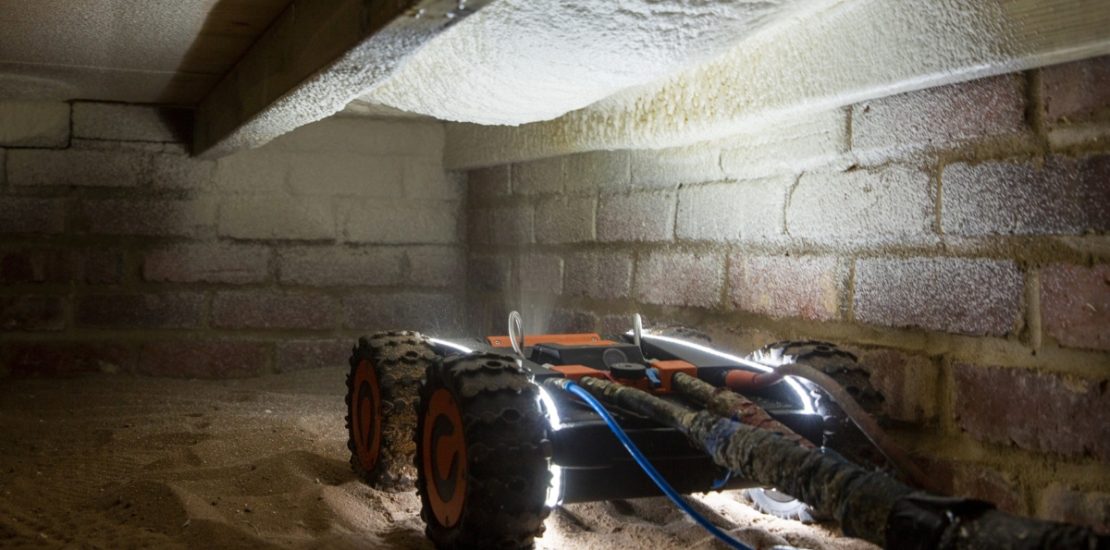- February 10, 2022
- Posted by: MasterAdmin
- Category: Cryptocurrency

Construction innovations including a blockchain-backed BIM solution and a robot underfloor insulation installer have won places on a £100m high tech housing framework.
Procurement for Housing (PfH) has appointed 18 suppliers on its new Social Housing Emerging Disruptors (SHED) framework to procure cutting edge, innovative services and technologies to support with retrofit, development and fire safety targets.
Public sector procurement has traditionally been seen as a barrier to innovation, introducing processes and bureaucracy that make it harder to buy emerging solutions from entrepreneurial SMEs and micro-organisations.
Fledgling suppliers are unable to scale their solutions and invest in further innovation because buying teams can’t procure services compliantly under existing rules.
But Procurement for Housing has said this framework is “flexible, future-proof and light touch in terms of paperwork and procedure.”
A dedicated portal will enable housing providers to conduct a simple desk-based supplier selection process. The portal will identify the supplier that can best meet their needs and PfH’s procurement team will provide pricing information and support the contracting process.
Innovators appointed to the SHED framework include Bimdl, a blockchain-backed building information modelling (BIM) solution; Power Circle Projects, which provides democratised, decentralised low carbon smart energy solutions; Chameleon Digitization an organisation using machine learning to spot dangerous gas canisters being taken into high rise buildings; Q-Bot, a robotic underfloor insulation installer and Green Action Trust which supports social landlords to improve the sustainability of their local environment.
Neil Butters, head of procurement at PfH said: “Over the past 12 months, our members have been telling us about the perfect storm of challenges they’re facing with global supply chain disruption, a widespread skills crisis and huge pressure to meet fire safety, net zero and house building targets.
“There is urgent need for innovation that can help them address these problems, but public procurement regulations just haven’t caught up. Housing providers can’t compliantly buy the innovative services they need.
“The government is currently changing public procurement rules, but that reform might not come into force until 2023. We wanted to be brave and unpick the challenges around procuring innovation which is still a fairly intangible, transient category of goods and services.
“It was important we did that here and now for the sector, rather than sitting on our hands – no one else is really tackling it.”
“Many of the suppliers we’ve appointed to the framework are small or micro businesses. We wanted to unlock their services for the social housing sector – these are pioneering, future-thinking organisations, many with a focus on sustainability or building safety.
“The SHED is about PfH supporting social landlords to identify and adopt innovation that will improve the lives of tenants.”



